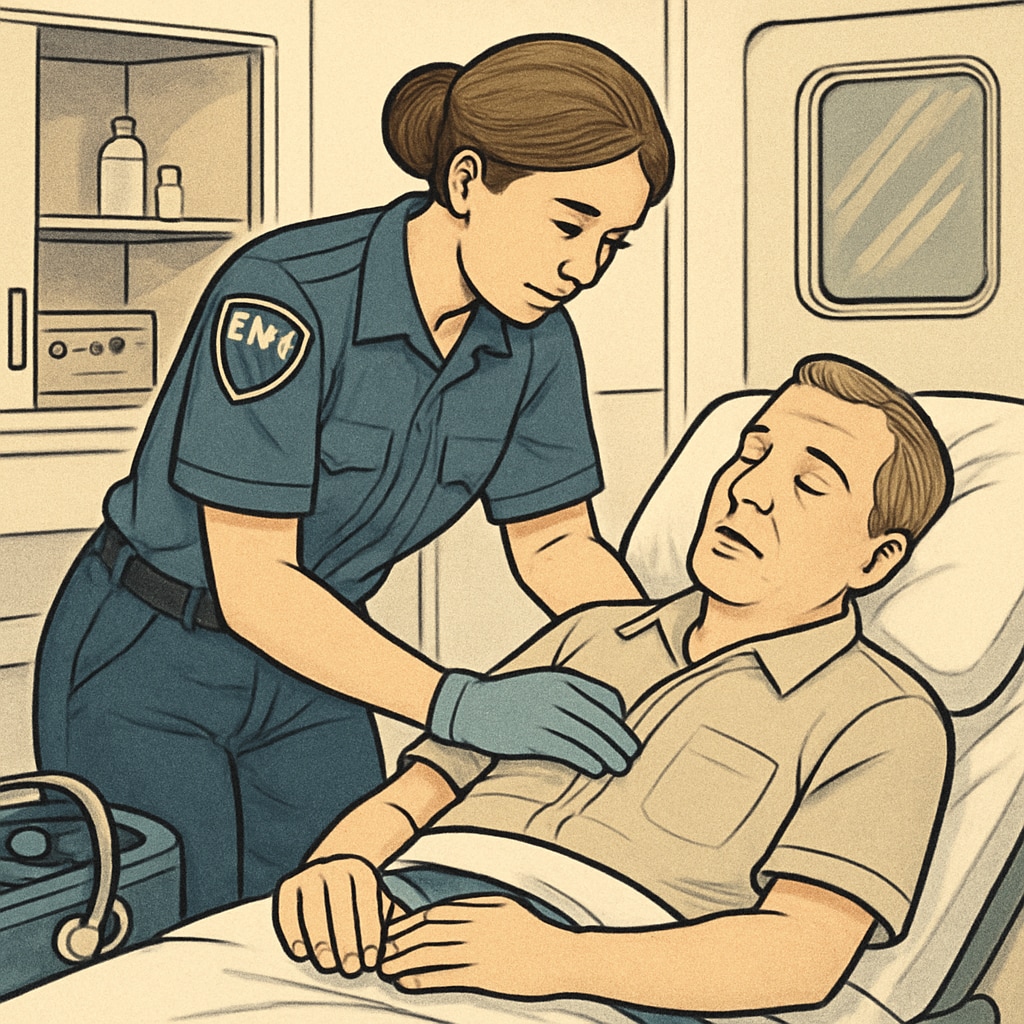Deciding to transition into a nursing program is a significant career step—and selecting the right school is critical. For students considering university transfers, leveraging prior experience, such as EMT certifications or volunteer work, can make a remarkable difference in their applications. This article provides essential advice for students evaluating nursing programs at institutions like UMKC, Missouri State, and Arkansas, offering insights into academic preparation, social fit, and strategies to enhance competitiveness.
Key Considerations When Transferring to a Nursing Program
When transferring to a nursing program, several factors should guide your decision-making process. These include program accreditation, curriculum rigor, clinical opportunities, and alignment with your long-term career goals. Here are some critical aspects to consider:
- Accreditation: Ensure the program is accredited by recognized bodies like the Accreditation Commission for Education in Nursing (ACEN) or the Commission on Collegiate Nursing Education (CCNE). Accreditation guarantees the quality of education and eligibility for licensure exams.
- Clinical Rotations: Look for programs offering diverse clinical experiences in hospitals, community health settings, and specialized care units.
- NCLEX Pass Rates: Research the institution’s NCLEX-RN pass rates as an indicator of program effectiveness.
- Flexibility for Transfers: Some universities have specific transfer pathways or articulation agreements that simplify the transition process.

Top Choices: UMKC, Missouri State, and Arkansas
Three universities frequently recommended for nursing transfers are the University of Missouri-Kansas City (UMKC), Missouri State University, and the University of Arkansas. Each offers unique strengths for nursing students:
University of Missouri-Kansas City (UMKC)
UMKC is renowned for its urban location and strong ties to healthcare facilities in the Kansas City area. Their nursing program emphasizes community health and offers extensive clinical opportunities. For students with EMT experience, UMKC provides pathways to leverage prior skills during clinical rotations. Learn more about their program here.
Missouri State University
Missouri State offers a student-centered approach to nursing education. With smaller class sizes and faculty mentorship, students can build strong professional relationships. The program values experiential learning, making EMT experience a valuable asset. Explore their offerings here.
University of Arkansas
The University of Arkansas combines rigorous nursing coursework with leadership training. Students are encouraged to participate in research and community outreach, which aligns well with diverse healthcare aspirations. The school’s collaborative learning environment is ideal for transfer students.
How EMT Experience Enhances Your Application
For students with EMT (Emergency Medical Technician) certifications or experience, nursing programs often see this as a significant advantage. Here’s why:
- Hands-on Skills: EMT experience demonstrates your ability to perform under pressure and handle real-world medical scenarios.
- Teamwork: Working alongside paramedics, nurses, and doctors showcases your collaboration and communication skills.
- Commitment to Healthcare: EMT roles reflect a dedication to patient care, which aligns closely with nursing values.
When applying, highlight specific examples of how your EMT background has prepared you for the challenges of nursing. Tailor your personal statement to connect your past experiences with your future aspirations.

Tips to Boost Transfer Application Success
To stand out in the competitive transfer application process, consider these strategies:
- Maintain Strong Academics: Focus on achieving high grades in prerequisite courses like anatomy, physiology, and microbiology.
- Gain Healthcare Experience: Volunteer at hospitals, shadow nurses, or continue working as an EMT to strengthen your resume.
- Craft a Compelling Personal Statement: Share your unique story, emphasizing your passion for nursing and how your experiences have shaped your career goals.
- Secure Strong Recommendations: Request letters from professors, employers, or healthcare professionals who can speak to your skills and dedication.
- Prepare for Interviews: Practice answering common nursing school interview questions and demonstrate your knowledge of the program.
In addition, research each school thoroughly to tailor your application and show genuine interest in their nursing program.
Conclusion
Transferring into a nursing program is a transformative journey that requires careful planning and preparation. By evaluating options such as UMKC, Missouri State, and Arkansas, and leveraging experiences like EMT certifications, you can position yourself as a strong candidate. Remember, the right school will not only meet your academic needs but also align with your personal and professional aspirations. Best of luck on your nursing journey!
Readability guidance: Short paragraphs, bullet points, and clear headings improve navigation. Remember to adapt content for your target audience using transition words and accessible language. Avoid jargon unless explained.


